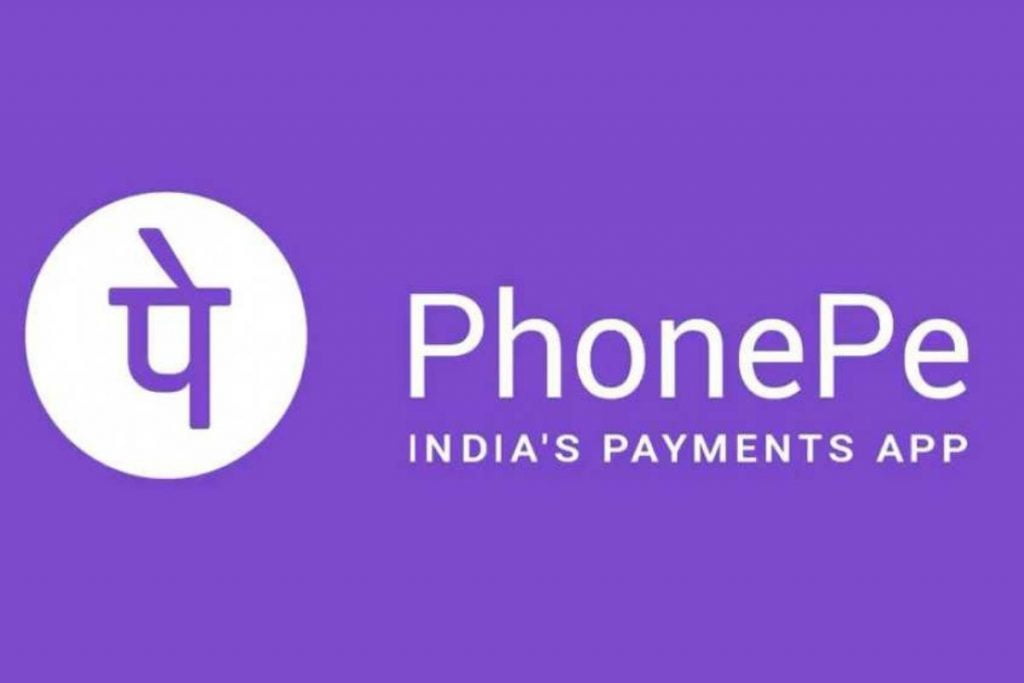
PhonePe has emerged as the most successful and reliable UPI payment application, adopted by millions. PhonePe digital payment platform endorses the UPI means to complete transactions between two parties (the sender and the receiver).
This interface supports Person-to-Person fund transfers, online purchases, bill payments and a robust platform for the prospective merchants to buy and sell products. Your UPI pin needs to be used on your registered mobile to fulfill the authorization criteria on every payment. However, with new guidelines carried forward by the banks, every user will have to bear some charges for the PhonePe limit per day. Visit Cashfree payments website to explore well-researched details about UPI transactions.
This article answers some frequently asked questions on the UPI transactions. Take a look.
FAQs on PhonePe Transactions
- What is the PhonePe app?
PhonePe is India’s leading UPI-based digital payments mobile application. It also promotes a digital wallet for users to transact instantly within the national boundaries. PhonePe contains the best user-interface that also proposes provisions for businesses and merchants to pay their bills with no delay induced. The applications can be installed from the Google Play Store or App Store easily.
- Does PhonePe possess a reliable e-wallet?
Yes, PhonePe has its all-in-one officially launched e-wallet that can be a fruitful mediator for completing transactions. The financial tech company, PhonePe headquartered in Bangalore has developed a wallet that performs online payment with much ease and accuracy. Through the qualities of an Unified Payments Interface (UPI), the fund transfer has been made encrypted and faster like no other.
- What are the steps to log in for PhonePe?
- Download the mobile application from the App Store or Play Store.
- Login with your details and create your PhonePe account. Do not forget to log in with an active mobile number and thereby generate a 4 digit password to ensure security.
- Once you complete the sign in process, choose your respective bank from the drop-down box and save your account number. Thereafter you can pay the beneficiaries as per the PhonePe limit per day.
- What is the use of an UPI pin in the digital interface?
The UPI-based interface endorsed by PhonePe allows a safe and rapid money transfer with the use of a specialised pin. The pin is solely generated by the owner and thereby remains highly authenticated. Using this pin you can connect to your bank account and make transactions with no disruptions. After setting the 4-6 digit security code, you need not add the beneficiary details, bank account, card details, or net banking/internet banking username and password.
- Are there any charges applied for transacting with PhonePe? What is the PhonePe limit per day?
The membership of this digital payment mobile application is absolutely free for the users. Despite an abundance of opportunities granted by PhonePe, it does not charge anything for the initial log in or permit to access the space to its users.
The PhonePe limit per day states the following imposition of charges on transactions:
- Rs. 2.5 will be charged on every digital transaction of Rs. 1000 or beyond the threshold.
- Rs. 5 will be charged on transactions involving amounts more than Rs. 1000.
- 18% Goods and Services Tax (GST) will be levied on the UPI transactions as per mandated by the bank.
- Does PhonePe require KYC?
In order to use the e-wallets, you must get your KYC done beforehand. Getting a KYC in association with your bank account will help you enjoy more benefits and financial perks. However, even if you choose not to do a KYC, you can easily make bill payments and do recharges. But the facility for digitally transferring amounts to different bank accounts won’t be available for users without KYC.
These were some of the sorted questions, frequently asked by the users rendering UPI digital payment services by PhonePe.



